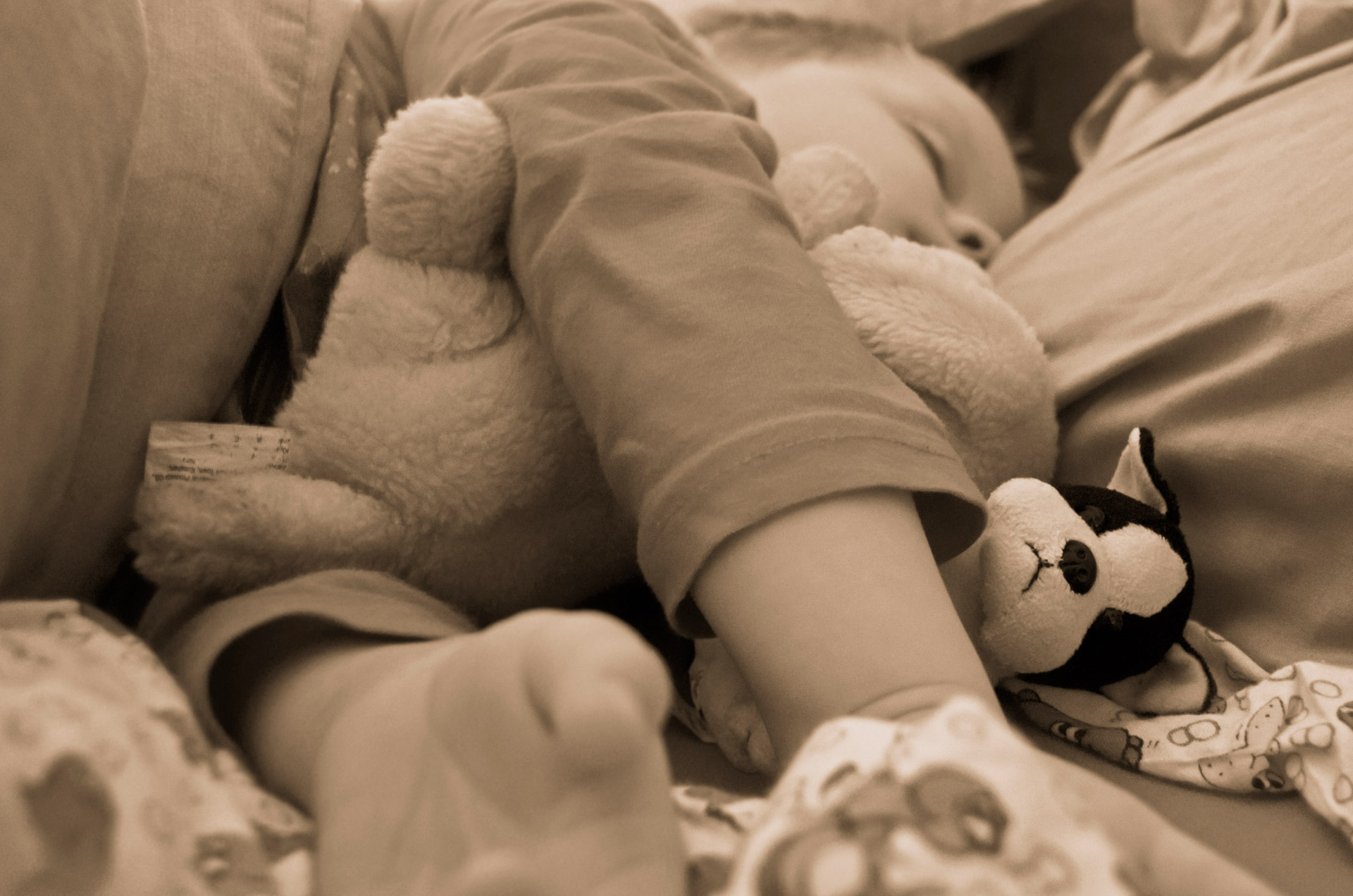Let me tell you about my last night in my own apartment in China.
I was packing up boxes and suitcases, getting ready to move in with some friends for the last two weeks of my time in China. My son had gone to sleep, and it was about 12:30 at night. About that time a friend texted or called me (I'm not sure which) and asked if I wanted to go out for shaokao (Chinese BBQ). It was going to be one of if not the last opportunity for us.
What was I to do? I surely couldn't wake my son up. Yet I didn't want to pass up this opportunity. I did what any reasonable father would do: I made sure my son's door was locked, and I went out for shaokao on the streets 18 floors below my apartment.
I was packing up boxes and suitcases, getting ready to move in with some friends for the last two weeks of my time in China. My son had gone to sleep, and it was about 12:30 at night. About that time a friend texted or called me (I'm not sure which) and asked if I wanted to go out for shaokao (Chinese BBQ). It was going to be one of if not the last opportunity for us.
What was I to do? I surely couldn't wake my son up. Yet I didn't want to pass up this opportunity. I did what any reasonable father would do: I made sure my son's door was locked, and I went out for shaokao on the streets 18 floors below my apartment.
Now, before you go calling DHS on me, let me take you through my thought process:
In all respects, statistically speaking, there was absolutely no harm in leaving him safely locked in his room for one hour while I went just outside to enjoy a meal with a friend.
- I had lived in the house for several years, and never once has there been a fire. That is, there had been at least 1000 days and no fire.
- In my entire adult life (including several sketchy Chinese dwellings, one with exposed wiring) the only fire I'd ever experienced was a grease fire I myself caused.
- My apartment had a safety door that makes an American single deadbolt look like a Chinese finger trap game in comparison. No potential kidnappers or worse were getting through that door.
- My son's bedroom windows had bars on them, so although we lived on the 18th floor, it was not possible for him to climb up and fall out of the windows.
- My son had never had any kind of serious problem while sleeping. While sleeping, he had always simply slept.
In all respects, statistically speaking, there was absolutely no harm in leaving him safely locked in his room for one hour while I went just outside to enjoy a meal with a friend.
Could I ever do that in the US? A local friend of mine (a native Arkansan) grew up in France. He said it's common for parents to go out for a nightcap after children have gone to bed. Others have told me similar stories of other countries. In many (possibly most) parts of the world, this kind of life is normal. It's not seen his negligence. Its not seen as uncaring or irresponsible. It's simply life in the knowledge that the occasional accident is probably not going to happen. Not that it won't, mind you, but that the likelihood is statistically insignificant.
It seems that many in the US people would think of me as a terrible or irresponsible parent. If I did the same in the US (and people knew about it), I'd be risking a visit from child welfare authorities. Somehow here in the US however we've lost all sensibility. Somehow honest recognition of risk has turned into outright paranoia. Somehow awareness of potential danger has caused our society to react with overbearing policing to the peril of reasonable parenting.



